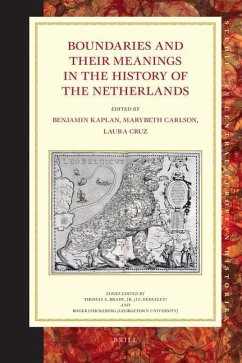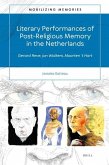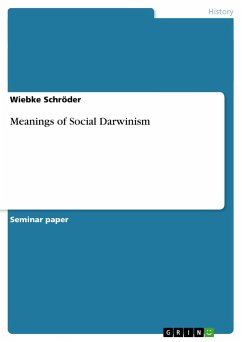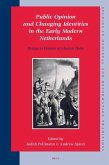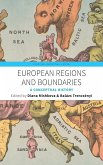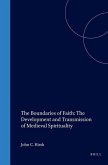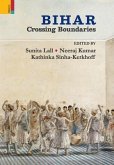Traditionally, the term boundary applies to the demarcation between a physical place and another physical place, most commonly associated with lines on a map As the essays in this volume demonstrate, however, a boundary can also function in a more broadly conceptual manner. A boundary becomes not an imaginary line but a tool for thinking about how to separate any two elements, whether ideas, events, etc., into categories by which they become comprehensible and distinct. The scholar contributors seek not simply to discern the boundaries, but, and perhaps more importantly, to understand the process of delination, and its consequences. With its maverick history and grass-root political traditions, the Netherlands provides an auspicious setting to examine the historical function of boundaries both real and imagined.
Hinweis: Dieser Artikel kann nur an eine deutsche Lieferadresse ausgeliefert werden.
Hinweis: Dieser Artikel kann nur an eine deutsche Lieferadresse ausgeliefert werden.

